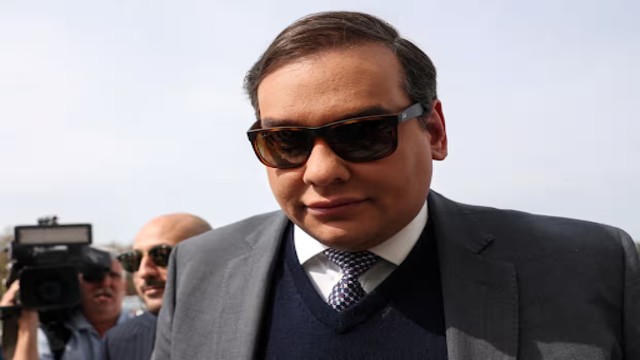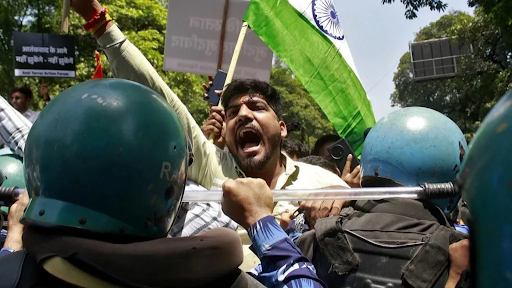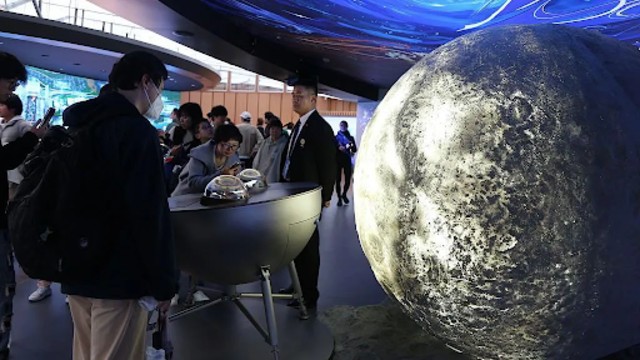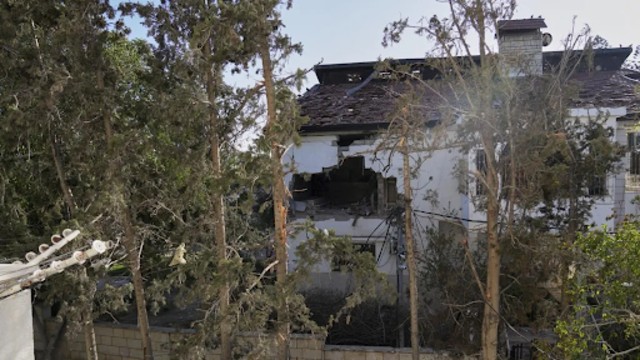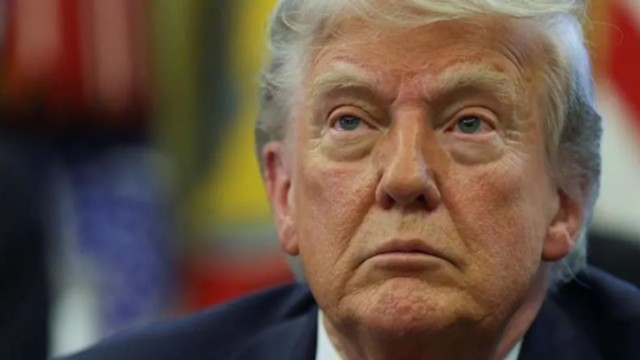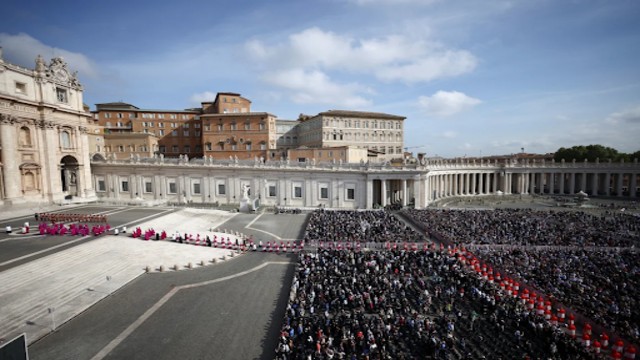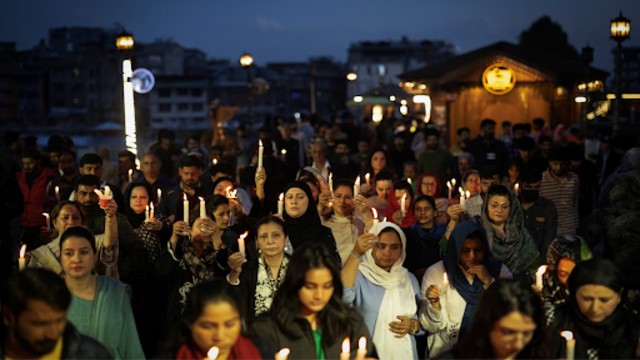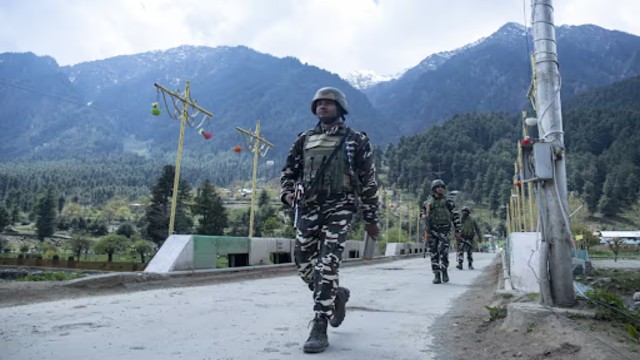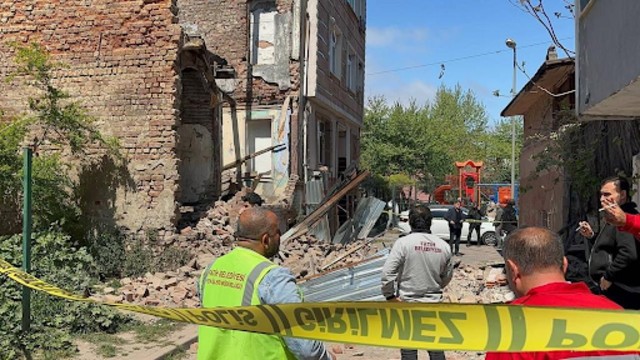
President Donald Trump delivers a speech at the Commander in Chief Ball held in Washington on January 20, 2025, to mark his inauguration as the U.S. President. Reuters
As U.S. President Donald Trump begins his second term, he faces a formidable challenge in dealing with a newly strengthened coalition of nations opposing U.S. interests. Unlike his first term, where he employed unconventional diplomacy and applied pressure selectively, this term presents a united front of adversaries, including Russia, China, North Korea, and Iran.
The alignment of these nations has intensified since Russia's 2022 invasion of Ukraine. President Trump's administration has pledged to resolve the Ukraine conflict, curb Iran’s nuclear ambitions, and counter China’s growing global influence while continuing to bolster the U.S. military. However, the geopolitical landscape has shifted significantly, making these goals more challenging.
Russian President Vladimir Putin and Chinese President Xi Jinping have forged a strategic partnership, offering mutual support in economic and military domains. Following Trump’s inauguration, the two leaders reaffirmed their alliance, signaling deeper cooperation. Additionally, Russia has strengthened ties with North Korea and Iran through recent strategic agreements, further complicating the United States’ position.
Analysts highlight the difficulty of managing this “unholy alliance,” as described by a U.S. official. The collaboration between these nations reduces U.S. leverage, leaving limited room for negotiation. "Russia's partnership with Beijing restricts both Russian willingness to engage with Washington and China’s vulnerability to U.S. pressure," remarked Daniel Russel, a seasoned expert on East Asia policy.
China's massive purchases of Russian oil have helped Moscow withstand sanctions, while dual-use goods from China allegedly bolster Russia’s defense. North Korea has supplied both soldiers and weapons to Russia in its war against Ukraine, while simultaneously advancing its nuclear missile capabilities. Iran, despite setbacks due to regional conflicts, remains a concern due to its potential nuclear ambitions and destabilizing activities.
The Trump administration acknowledges the complexity of this situation. National Security Advisor Mike Waltz highlighted the interdependence of these alliances, citing Iran’s oil sales to China funding missile production that eventually supports Russia’s actions in Ukraine. Secretary of State Marco Rubio emphasized the urgency of addressing these threats, identifying China as the primary challenge but noting the roles of Russia, Iran, and North Korea in fostering global instability.
Strategically, experts suggest Trump’s team may attempt to weaken these alliances by separating individual nations from China. For instance, analysts propose deals with Russia or North Korea to reduce their alignment with Beijing. However, this approach is fraught with challenges. North Korea, for example, has little incentive to negotiate with the U.S. while enjoying support from both China and Russia.
Despite these difficulties, there are indications of possible cracks in the alliance. Observers point to Russia’s inconsistent support for its allies, such as its previous abandonment of Syria’s former president, as a potential point of contention for Iran.
Ultimately, the success of Trump’s efforts may depend on strengthening U.S. alliances worldwide. "The United States can’t take on all these players alone," said a former diplomat, emphasizing the value of collaborative partnerships to counter this emerging coalition.



